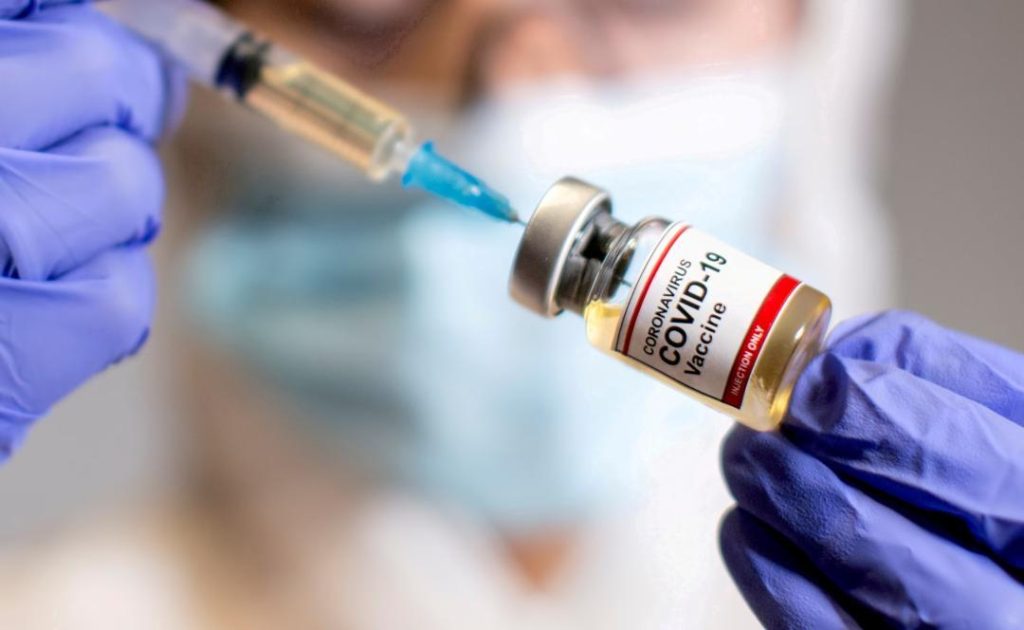
No Link Between Sudden Post-COVID Deaths and Vaccines: AIIMS & ICMR Studies
The COVID-19 pandemic has brought about unprecedented challenges to global healthcare systems, leading to widespread vaccination efforts to combat the virus. While vaccines have been instrumental in reducing the severity and transmission of the disease, concerns have been raised about potential side effects, including sudden deaths. However, recent studies by the Indian Council of Medical Research (ICMR) and All India Institute of Medical Sciences (AIIMS) have conclusively established that there is no link between COVID-19 vaccines and sudden deaths.
The studies, which were conducted in collaboration with the National Centre for Disease Control (NCDC), focused on unexplained sudden deaths among adults aged 18-45 years who had recovered from COVID-19. The findings of these studies have far-reaching implications for public health policy and vaccination strategies.
Background
As the COVID-19 pandemic continues to spread globally, concerns have been raised about the potential risks associated with vaccination. While vaccines have been shown to be safe and effective in preventing severe illness and death from COVID-19, some individuals have experienced sudden and unexplained deaths after receiving the vaccine. These deaths have sparked widespread concern and debate about the potential link between vaccination and sudden death.
ICMR and AIIMS Studies
To address these concerns, the ICMR and AIIMS conducted a comprehensive study on unexplained sudden deaths among adults aged 18-45 years who had recovered from COVID-19. The study, which was published in the Indian Journal of Medical Research, analyzed data from 150 cases of sudden deaths that occurred in this age group.
The study found that none of the deaths were linked to the COVID-19 vaccine. Instead, the researchers identified underlying health issues, genetic predisposition, and risky lifestyle choices as the primary factors contributing to the sudden deaths.
Key Findings
The study’s key findings were as follows:
- Underlying health issues: The researchers found that many of the deceased individuals had underlying health issues, such as hypertension, diabetes, and cardiovascular disease. These conditions are known to increase the risk of sudden death, even in the absence of COVID-19 infection.
- Genetic predisposition: The study found that some individuals may be genetically predisposed to sudden death, regardless of their COVID-19 vaccination status.
- Risky lifestyle choices: The researchers identified risky lifestyle choices, such as smoking, excessive alcohol consumption, and physical inactivity, as contributing factors to sudden death.
- No link to COVID-19 vaccine: The study conclusively established that there is no link between COVID-19 vaccination and sudden death.
Implications for Public Health Policy
The findings of the ICMR and AIIMS studies have significant implications for public health policy and vaccination strategies. The studies demonstrate that vaccination is a safe and effective way to prevent severe illness and death from COVID-19, and that the benefits of vaccination far outweigh the risks.
Conclusion
In conclusion, the ICMR and AIIMS studies provide conclusive evidence that there is no link between COVID-19 vaccines and sudden deaths. The studies demonstrate that underlying health issues, genetic predisposition, and risky lifestyle choices are the primary factors contributing to sudden deaths among adults aged 18-45 years who have recovered from COVID-19.
As the COVID-19 pandemic continues to evolve, it is essential that public health policy and vaccination strategies are informed by the latest scientific evidence. The findings of these studies provide a critical foundation for policymakers and healthcare professionals to make informed decisions about vaccination and public health initiatives.
Reference






